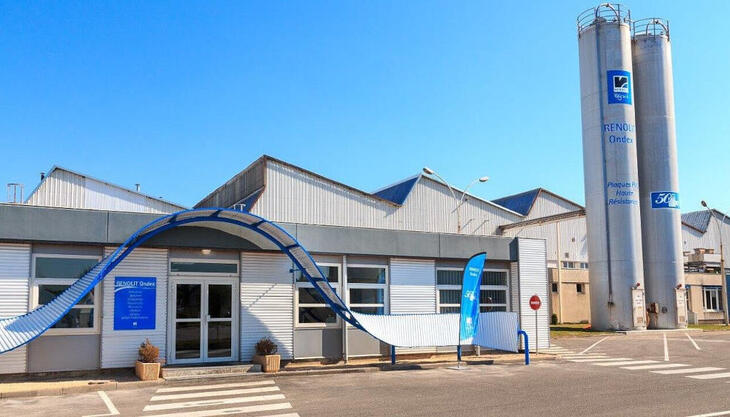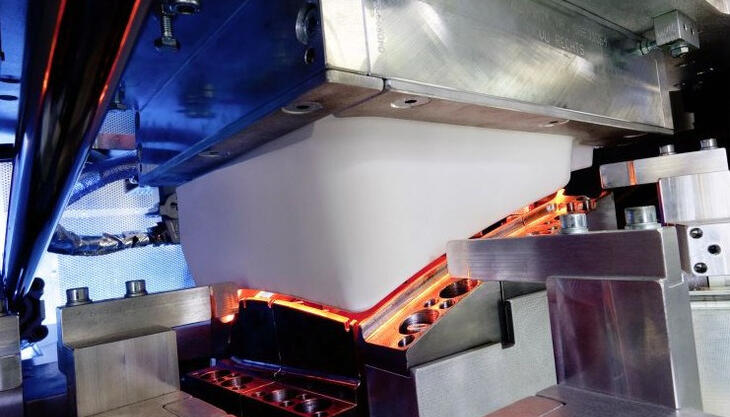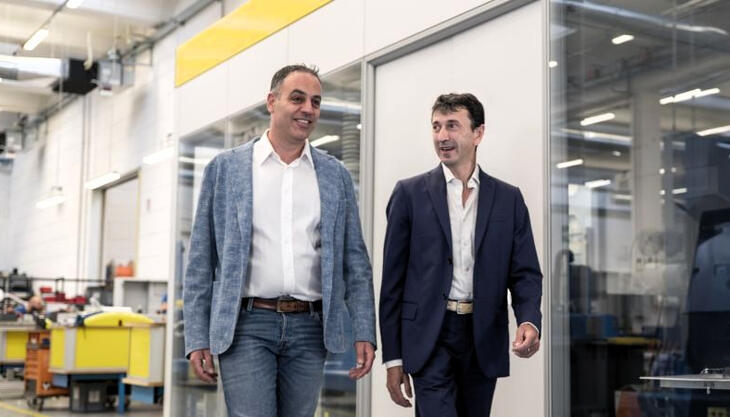Green chemistry by Novamont
With a view to relaunching, in Italy, a strategic sector, namely that of green chemistry, Novamont chose Ecomondo 2012 (Rimini, 7-10 November) to unveil its bioeconomics-based green chemistry project, designed to create development through conservation of the earth's natural resources and exploitation of the natural resources specific to each geographical area. The project involves the conversion of abandoned industrial sites into third-generation biorefineries, and seeks to unite agriculture, chemistry and industry in a bid to achieve cooperation with the local area and with the world of research.
In this context, Matrìca, a joint venture between Novamont and Versalis, is involved in the conversion of the Porto Torres petrochemical site into a third-generation biorefinery. The next four years will see the construction, with a total investment of over 500 million euros, of seven plants for the production of chemical intermediates such as monomers, additives for lubricants, elastomers, and biodegradable polymers produced from renewable raw materials (vegetable oils and agricultural waste), in turn obtained from products of local dry-farming (i.e. the cultivation of crops, on land not suitable for food crops, without the use of irrigation water, fertilisers and pesticides).
Meanwhile, in partnership with the American company Genomatica, work has begun to convert the BioItalia site in Adria (near Rovigo) into a facility for the production of bio-butanediol from renewable sources by means of bacterial fermentation of agricultural waste. This chemical intermediate, until now derived solely from fossil sources, is used in a wide range of applications, such as the production of plastic to make automotive components. The conversion of the Adria site marks the first stage in the creation of an Italian biotechnology platform devoted to the development of processes that start (upstream) from the agricultural sector and find application (downstream) in the green chemistry sector. The facility is expected begin production in the second half of 2013 and, once fully operational, will provide jobs for around 50 employees.



















